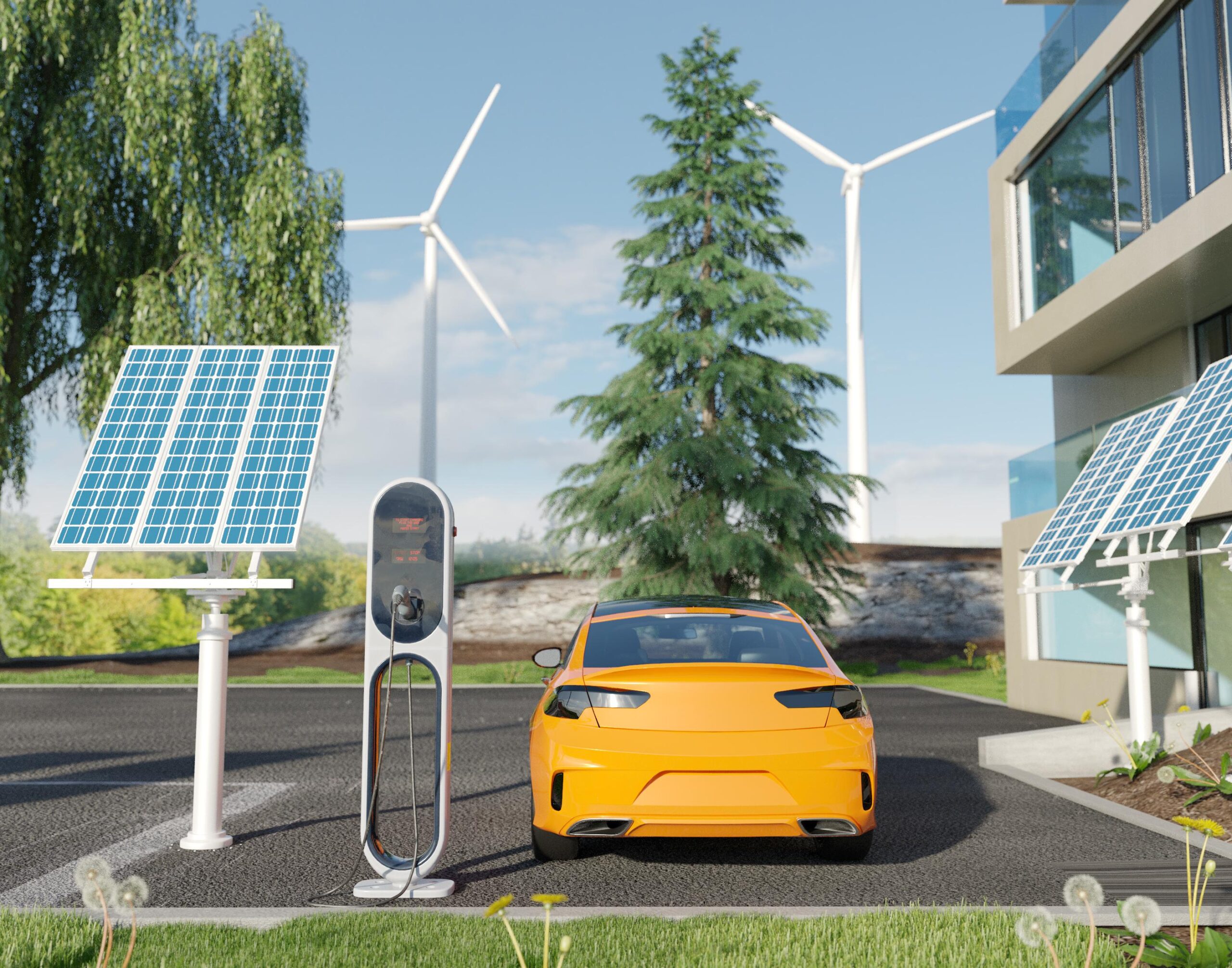Tesla’s foray into the Indian market has ignited both excitement and skepticism. As a prominent player in the global automotive industry, Tesla’s entry into any market is met with anticipation and scrutiny. In this article, we delve into the intricacies of Tesla’s India venture, examining the opportunities, challenges, and potential impact on the renewable energy sector.
Tesla’s Ambitious India Venture
Tesla’s decision to enter the Indian market underscores its commitment to expanding its global footprint and tapping into emerging economies. With India’s burgeoning middle class and increasing focus on sustainability, the country presents a lucrative opportunity for Tesla to introduce its electric vehicles (EVs) and renewable energy solutions.
Overcoming Regulatory Hurdles
One of the primary challenges facing Tesla in India is navigating the complex regulatory landscape. From import duties to local sourcing requirements, the regulatory environment poses significant hurdles for foreign automakers. However, Tesla’s track record of perseverance and innovation suggests that it is well-equipped to overcome these obstacles.
Building Infrastructure for EV Adoption
A critical aspect of Tesla’s success in India hinges on the development of robust infrastructure to support EV adoption. This includes establishing charging stations, investing in renewable energy projects, and collaborating with local stakeholders to address infrastructure gaps. By strategically leveraging its expertise in energy storage and distribution, Tesla can accelerate the transition to sustainable transportation in India.
Fostering Innovation and Job Creation
Tesla’s presence in India is not just about selling cars; it’s about fostering innovation and creating employment opportunities. By establishing manufacturing facilities and research centers, Tesla can catalyze the growth of India’s renewable energy ecosystem, spurring technological advancements and job creation in the process.
Addressing Environmental Concerns
One of the key drivers behind Tesla’s expansion into India is its commitment to environmental sustainability. By promoting clean energy adoption and reducing carbon emissions, Tesla aims to mitigate the adverse effects of climate change and pave the way for a greener future. Through initiatives such as solar power generation and energy-efficient technologies, Tesla can contribute to India’s efforts to combat climate change and achieve its renewable energy targets.
Conclusion
Tesla’s entry into the Indian market signifies a paradigm shift in the automotive industry and renewable energy sector. By embracing innovation, overcoming regulatory challenges, and fostering collaboration, Tesla has the potential to revolutionize transportation and energy consumption in India. As the country embarks on its journey towards a sustainable future, Tesla stands poised to play a pivotal role in shaping the landscape of India’s renewable energy sector.











